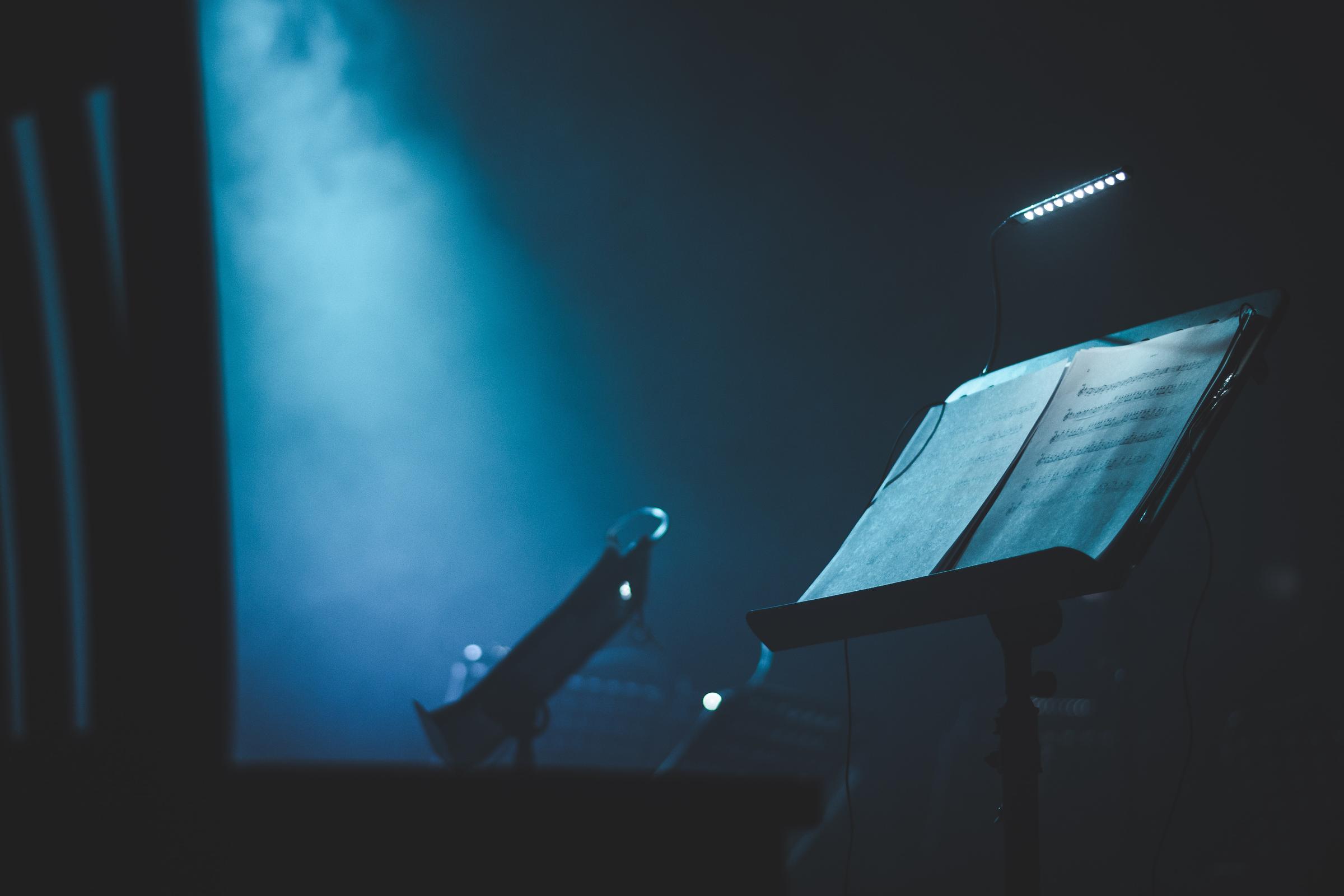Music Performance

Purpose and Structure
Music Performance is designed to develop intellectual, aesthetic and cultural understanding of the value and importance of music in solo and group settings. As performers students develop skills in preparing programs of music.
Unit 1: Organisation of Music
In this unit, students explore and develop their understanding of how music is organised. By performing, creating, analysing, and responding to music works that exhibit different approaches, students explore and develop their understanding of the possibilities of musical organisation.
• Students prepare and perform ensemble and/or solo musical works to develop technical control, expression, and stylistic understanding on their chosen instrument/sound source • Students create (arrange, compose, or improvise) short music exercises that reflect their understanding of the organisation of music and the processes they have studied
• Students develop knowledge of music language concepts as they analyse and respond to a range of music, becoming familiar with the ways music creators treat elements of music and concepts and use compositional devices to create works that communicate their ideas.
Unit 2: Effect in Music
In this unit, students focus on the way music can be used to create an intended effect. By performing, analysing and responding to music works/examples that create different effects, students explore and develop their understanding of the possibilities of how effect can be created. Through creating their own music, they reflect this exploration and understanding.
Unit 3 and 4: Music contemporary
This study offers pathways for students whose performance practice includes embellishment and/or improvisation, uses collaborative and aural practices in learning, often takes recordings as a primary text, and projects a personal voice. Students study the work of other performers and analyse their approaches to interpretation and how personal voice can be developed through reimagining existing music works. They refine selected strategies to enhance their own approach to performance. Students prepare a program for assessment in a live performance. They may be assessed as primarily a member of a group or as a solo performer.
OR
Unit 3 and 4: Music repertoire performance
This study is designed for students whose musical interests are grounded in the recreation and interpretation of notated musical works, and who wish to gain and share knowledge of musical styles and performance practices. Students may present on any instrument for which there is an established repertoire of notated works. They work towards a recital program that demonstrates advanced technical skills and stylistic refinement as both a soloist and as an ensemble member. They develop the capacity for critical evaluations of their performances and those of others, and an ability to articulate their performance decisions with musical evidence and independence of thought. The most significant task in Music Repertoire Performance is the preparation of a recital program of up to 20 minutes’ duration. Students may present primarily as a soloist or as an ensemble musician.
